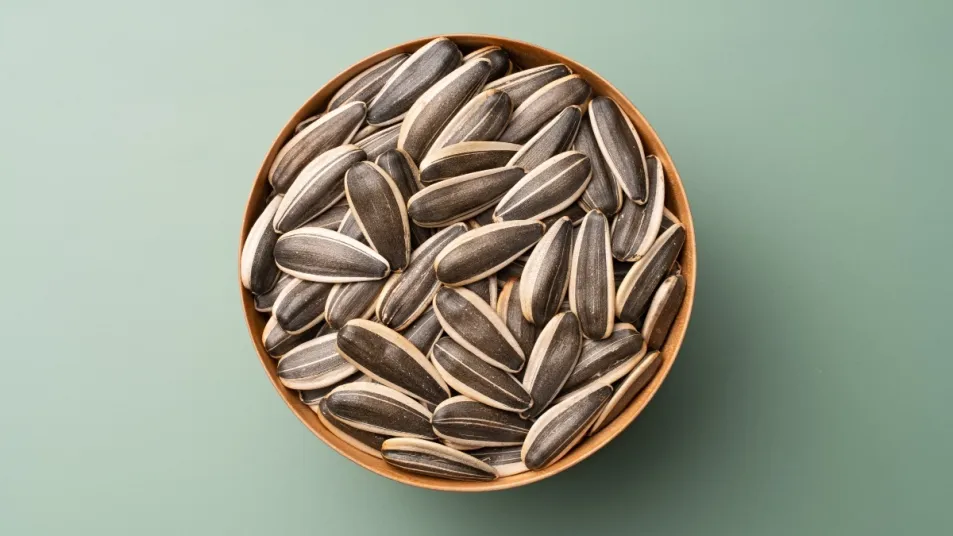-
 Afrikaans
Afrikaans -
 Albanian
Albanian -
 Amharic
Amharic -
 Arabic
Arabic -
 Armenian
Armenian -
 Azerbaijani
Azerbaijani -
 Basque
Basque -
 Belarusian
Belarusian -
 Bengali
Bengali -
 Bosnian
Bosnian -
 Bulgarian
Bulgarian -
 Catalan
Catalan -
 Cebuano
Cebuano -
 Corsican
Corsican -
 Croatian
Croatian -
 Czech
Czech -
 Danish
Danish -
 Dutch
Dutch -
 English
English -
 Esperanto
Esperanto -
 Estonian
Estonian -
 Finnish
Finnish -
 French
French -
 Frisian
Frisian -
 Galician
Galician -
 Georgian
Georgian -
 German
German -
 Greek
Greek -
 Gujarati
Gujarati -
 Haitian Creole
Haitian Creole -
 hausa
hausa -
 hawaiian
hawaiian -
 Hebrew
Hebrew -
 Hindi
Hindi -
 Miao
Miao -
 Hungarian
Hungarian -
 Icelandic
Icelandic -
 igbo
igbo -
 Indonesian
Indonesian -
 irish
irish -
 Italian
Italian -
 Japanese
Japanese -
 Javanese
Javanese -
 Kannada
Kannada -
 kazakh
kazakh -
 Khmer
Khmer -
 Rwandese
Rwandese -
 Korean
Korean -
 Kurdish
Kurdish -
 Kyrgyz
Kyrgyz -
 Lao
Lao -
 Latin
Latin -
 Latvian
Latvian -
 Lithuanian
Lithuanian -
 Luxembourgish
Luxembourgish -
 Macedonian
Macedonian -
 Malgashi
Malgashi -
 Malay
Malay -
 Malayalam
Malayalam -
 Maltese
Maltese -
 Maori
Maori -
 Marathi
Marathi -
 Mongolian
Mongolian -
 Myanmar
Myanmar -
 Nepali
Nepali -
 Norwegian
Norwegian -
 Norwegian
Norwegian -
 Occitan
Occitan -
 Pashto
Pashto -
 Persian
Persian -
 Polish
Polish -
 Portuguese
Portuguese -
 Punjabi
Punjabi -
 Romanian
Romanian -
 Russian
Russian -
 Samoan
Samoan -
 Scottish Gaelic
Scottish Gaelic -
 Serbian
Serbian -
 Sesotho
Sesotho -
 Shona
Shona -
 Sindhi
Sindhi -
 Sinhala
Sinhala -
 Slovak
Slovak -
 Slovenian
Slovenian -
 Somali
Somali -
 Spanish
Spanish -
 Sundanese
Sundanese -
 Swahili
Swahili -
 Swedish
Swedish -
 Tagalog
Tagalog -
 Tajik
Tajik -
 Tamil
Tamil -
 Tatar
Tatar -
 Telugu
Telugu -
 Thai
Thai -
 Turkish
Turkish -
 Turkmen
Turkmen -
 Ukrainian
Ukrainian -
 Urdu
Urdu -
 Uighur
Uighur -
 Uzbek
Uzbek -
 Vietnamese
Vietnamese -
 Welsh
Welsh -
 Bantu
Bantu -
 Yiddish
Yiddish -
 Yoruba
Yoruba -
 Zulu
Zulu
Aug . 06, 2024 13:01 Back to list
Exploring the Benefits and Nutritional Value of Sunflower and Pumpkin Seeds for a Healthy Diet
Sunflower Seeds vs. Pumpkin Seeds A Nutritional Showdown
When it comes to nutritious snacks, sunflower seeds and pumpkin seeds are two popular contenders that often grace our tables. Both seeds are packed with essential nutrients, but they also offer unique flavors and health benefits. In this article, we will explore the nutritional profiles, uses, and health benefits of sunflower seeds and pumpkin seeds to help you decide which might be the better addition to your diet.
Nutritional Profiles
Sunflower Seeds Sunflower seeds, derived from the sunflower plant (Helianthus annuus), are rich in healthy fats, particularly polyunsaturated fats. Just a quarter cup of unsalted sunflower seeds (about 35 grams) contains approximately 204 calories, 7 grams of protein, 18 grams of fat, and 6 grams of carbohydrates. They are particularly abundant in vitamin E, magnesium, selenium, and B vitamins, making them a powerhouse of nutrients.
Pumpkin Seeds On the other hand, pumpkin seeds, or pepitas, come from the fruit of the pumpkin plant (Cucurbita pepo). A quarter cup of raw pumpkin seeds offers about 180 calories, 9 grams of protein, 14 grams of fat, and 5 grams of carbohydrates. Pumpkin seeds are an excellent source of magnesium, iron, zinc, and copper, and they also contain antioxidants such as carotenoids and vitamin E.
Flavor and Culinary Uses
Sunflower Seeds Sunflower seeds have a mild, nutty flavor that makes them a versatile ingredient in many dishes. They can be enjoyed raw or roasted, and they are often added to salads, granola, yogurt, or trail mixes. Sunflower seed butter has also gained popularity as a nut-free alternative to peanut butter, making it suitable for people with nut allergies.
sunflower seeds or pumpkin seeds

Pumpkin Seeds Pumpkin seeds have a slightly sweeter and earthier flavor compared to sunflower seeds. They can be enjoyed raw, roasted with spices, or even candied for a sweet treat. Their crunchy texture makes them great as a topping for salads, soups, and baked goods. Pumpkin seeds are also popularly used in smoothies or energy bars for an extra nutritional boost.
Health Benefits
Both sunflower and pumpkin seeds have impressive health benefits, making them excellent additions to any diet.
Sunflower Seeds Sunflower seeds are known for their high vitamin E content, which is a powerful antioxidant that helps protect against oxidative stress and inflammation. The magnesium in sunflower seeds supports heart health, bone health, and helps regulate blood pressure. Furthermore, the presence of healthy fats can aid in maintaining healthy skin and hair.
Pumpkin Seeds Pumpkin seeds are particularly well known for their high magnesium levels, which play a crucial role in over 300 enzymatic reactions in the body. They are also rich in zinc, which supports immune function and can help reduce inflammation. The antioxidants found in pumpkin seeds may help lower the risk of chronic diseases and promote overall health.
Final Thoughts
In the battle of sunflower seeds versus pumpkin seeds, both have their merits and can be enjoyed in various ways. The choice ultimately comes down to personal preference and specific dietary needs. Whether you opt for the nutty flavor of sunflower seeds or the earthy taste of pumpkin seeds, incorporating these nutrient-dense snacks into your diet can support overall health and wellness. So why not try them both and discover which one suits your palate?
-
Premium Milk Flavored Melon Seeds 250g - Crunchy & Healthy Snack
NewsAug.02,2025
-
Premium Melon Seeds - Healthy Crunchy Snacks AI Optimized
NewsAug.01,2025
-
Premium Biscuits: Luxury Packaging & Exquisite Taste
NewsJul.31,2025
-
Bulk Sunflower Seeds Exporter | Buy Wholesale Today
NewsJul.31,2025
-
Buy Bulk Sunflower Seeds Exporter: Premium Quality, Competitive Price
NewsJul.30,2025
-
Premium Macadamia Nuts - Fresh, Crunchy & Healthy Snack Choice
NewsJul.30,2025
